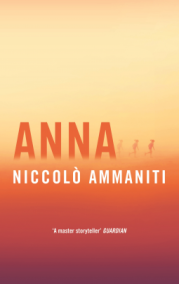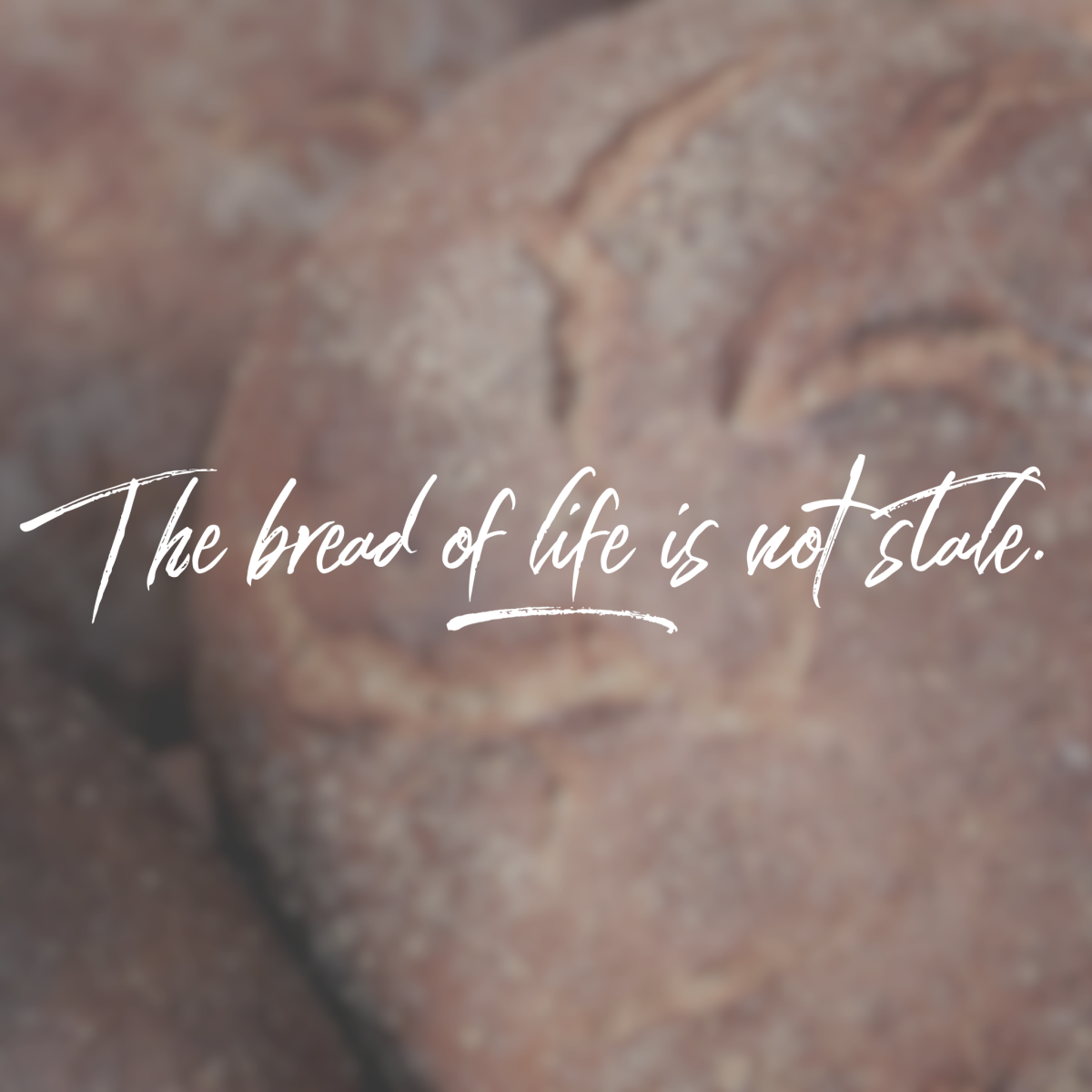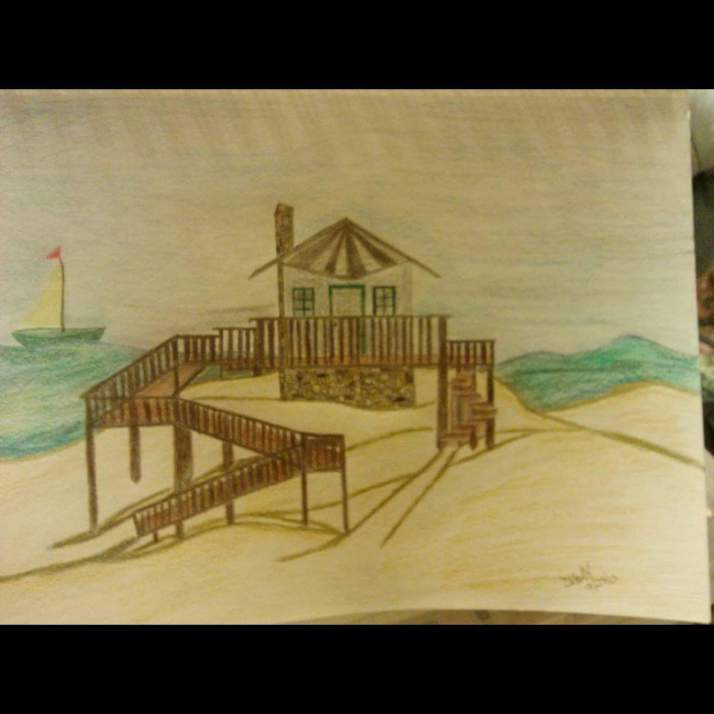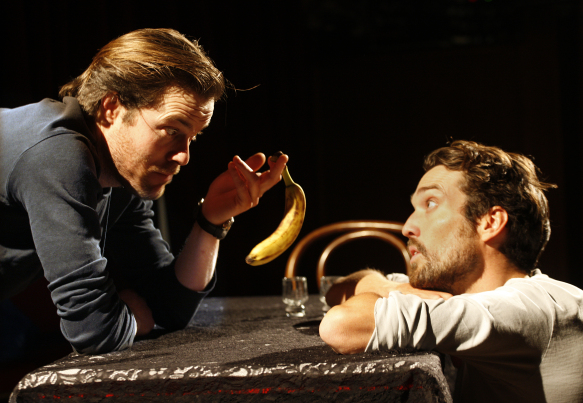

★★★½
One thing’s for sure: Niccolò Ammaniti really doesn’t do upbeat. I remember seeing the film Non ho paura, based on his novel, when I was in Sixth Form and I found it unsettling, powerful and profoundly bleak. The same could be said of this atmospheric novel, set in 2020, which explores a world in which adults have been eradicated by a virus and children are left to fend for themselves. There is more than a hint of Lord of the Flies here, but Ammaniti is interested not so much in the innate savagery of children, as in the power of hope to push us onward, through unimaginable horrors.
Anna and her little brother Astor live in an isolated cottage near the Sicilian town of Castellammare. It’s been four years since the adults died and Anna’s scavenging forays are forcing her ever further afield. With convenience stores stripped bare, homes broken into and the region scarred by devastating fires, there’s little to eat and the two children have come to rely on rare finds of tinned goods. All around them, the world of the Grown-Ups withers away: the cars crashed and stranded on the autostrada, with the skeletons still at the wheel; the bodies lying in beds and chairs in the abandoned houses; the electricity dead and the batteries going flat. Anna’s one concern is to protect Astor from the knowledge of what has happened, but their seclusion can’t last forever. They are not the only children who’ve survived and, while Anna can barter with one or two of her former schoolmates, a much larger number of children have turned half-feral, scouring the countryside. Sooner or later, their home will be discovered. And that’s not the only thing to fear. Anna is thirteen, almost fourteen. Soon she’ll hit puberty. Time is running out.
Killer viruses are a familiar part of pop culture and perhaps, if I’d read more dystopian fiction, Ammaniti’s world would seem less striking. However, it’s not a genre I know well – the author, rather than the concept, drew me in – and the evocation of the world is finely done. Sicily is a dramatic place in any event, partly scorched and dry, partly lush, and it makes an ideal setting for this tale of a crumbling civilisation. Ammaniti gives a plausible scientific context for his virus: that it strikes at the hormones produced during and after puberty, but spares those without, i.e. prepubescent children. This is a poignant plight: a plague that can’t be outrun. You can defend yourself against gangs of rivals, or against packs of dogs that have reverted to wildness, and you can stockpile food, but ultimately you can’t fight against your own body. Death lurks within all of Ammaniti’s characters: their only hope, fuelled by rumours passed from gang to gang, lies in the legend that, somewhere, some Grown-Ups have survived.
As one of the older survivors, Anna can remember some of the values of the world before the virus: family attachment; love; friendship. Her stubbornness and determination keep her going, in a world where many younger children live in primitive groups, having been too small when their parents died to remember how to read or, sometimes, even how to speak. And Ammaniti allows some sparks of warmth among the ruins – in the bond between Anna and Astor; or in their ritual care of their mother’s body – not quite enough to prevent this being an extremely bleak book, but enough to remind you of the crumbling humanity at its heart.
I must confess, this isn’t a book I can see myself rereading. That is not to criticise Ammaniti’s atmospheric tale, or the fine, clear translation by Jonathan Hunt, but this is a heavy world to visit, affording only the very faintest gleam of possibility in its heroine’s courageous efforts to find a new life for her little brother. Yet it is well done, and it’ll be well worth seeking out for those who fancy a modern take on Golding’s stranded children, or who relish post-apocalyptic adventures. I can’t quite decide whether it damns humanity, as being separated from animals merely by the accident of civilisation, or whether it celebrates us, as being singularly equipped with the capacity for hope.
Buy the book
I received this book from the publisher via Netgalley in exchange for a fair and honest review.
Share this:




